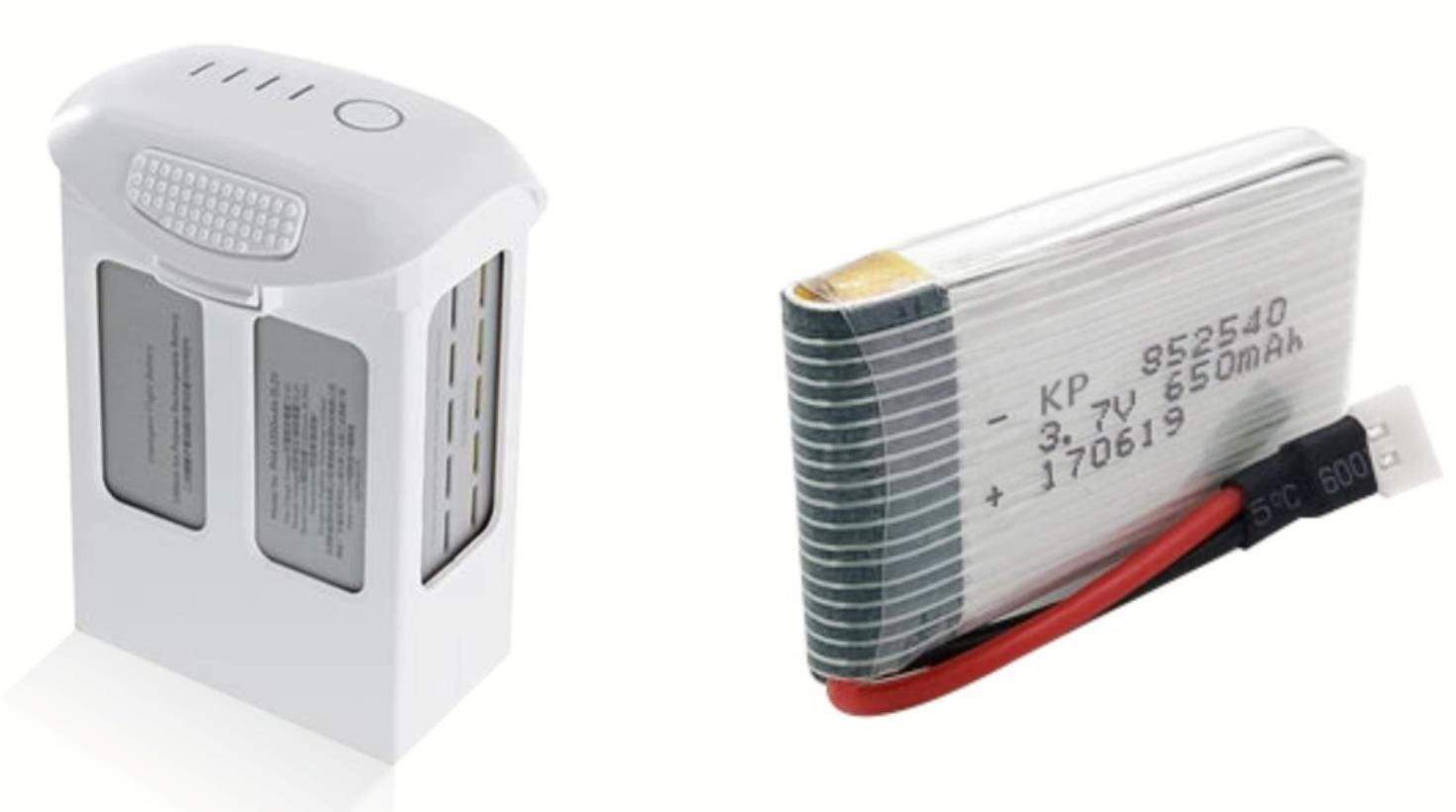What are the parts of Lithium-ion polymer customized battery?
2021-06-25 14:09:15
Lithium-ion polymer customized battery is a very content technical work, about many electronic equipment manufacturers can find a manufacturer to do battery customization is a very difficult thing, the reason lies in the manufacturer's ability.
Lithium-ion polymer battery customization is not a simple little piece, it is important to divide it into three major parts, cell customization, BMS customization, structure customization.

Lithium-ion polymer battery customization in the cell customization is the most important part because a cell is the most important part of the whole battery. Cell customization is divided into two parts: physical customization and chemical customization. The physical part includes cell thickness, cell width, cell length, cell shape, cell strength, and battery capacity. The chemical part includes: charge and discharge temperature, charge and discharge current (including instantaneous discharge), discharge multiplier, voltage, the internal resistance of the cell, and cycle life.
Customized battery is generally for large cells or battery packs. It is divided into four sections: communication function customization, charging management function customization, discharge management function customization, and other function customization, involving communication protocol, communication protection, power display, current detection, battery abnormality record, life cycle check, overcharge protection, overcurrent protection, overheat alarm/protection, low-temperature alarm/protection, charging short circuit alarm/protection, charge equalization, over-discharge protection, low voltage protection, no-load protection.
The battery has more than 24 functions, including low voltage protection, no-load protection, discharge short circuit alarm/protection, discharge high-temperature alarm/protection, discharge low-temperature alarm/protection, battery low-temperature self-heating technology, ultra-low power consumption (storage mode), reverse connection protection, full charge storage self-discharge, self-test, differential pressure abnormality, etc.
Lithium-ion polymer battery structure customization mainly includes a variety of structural features such as structural strength, shape, impact resistance, packaging, heat dissipation, explosion-proof, and size.
-
skype
Zale Zhou
